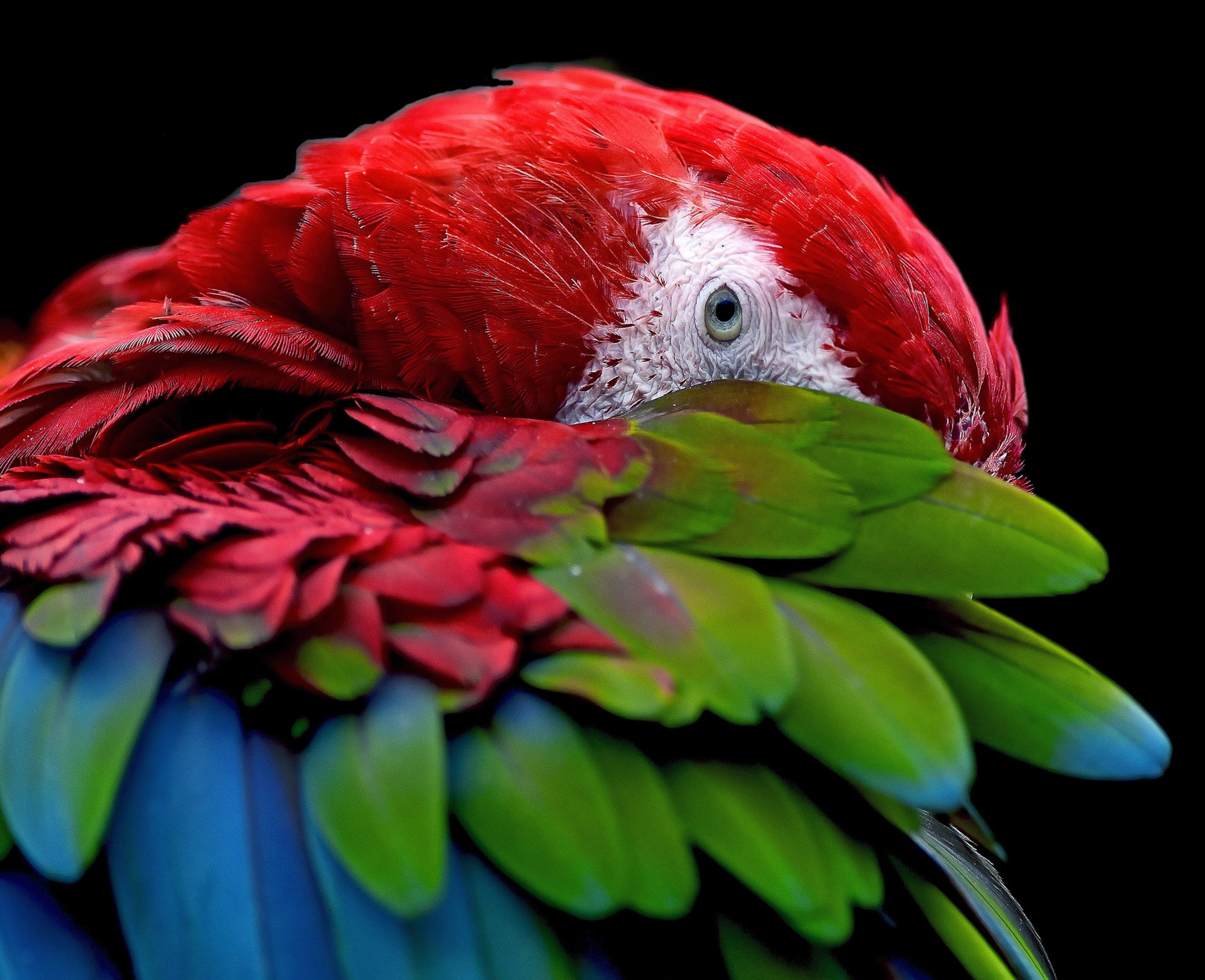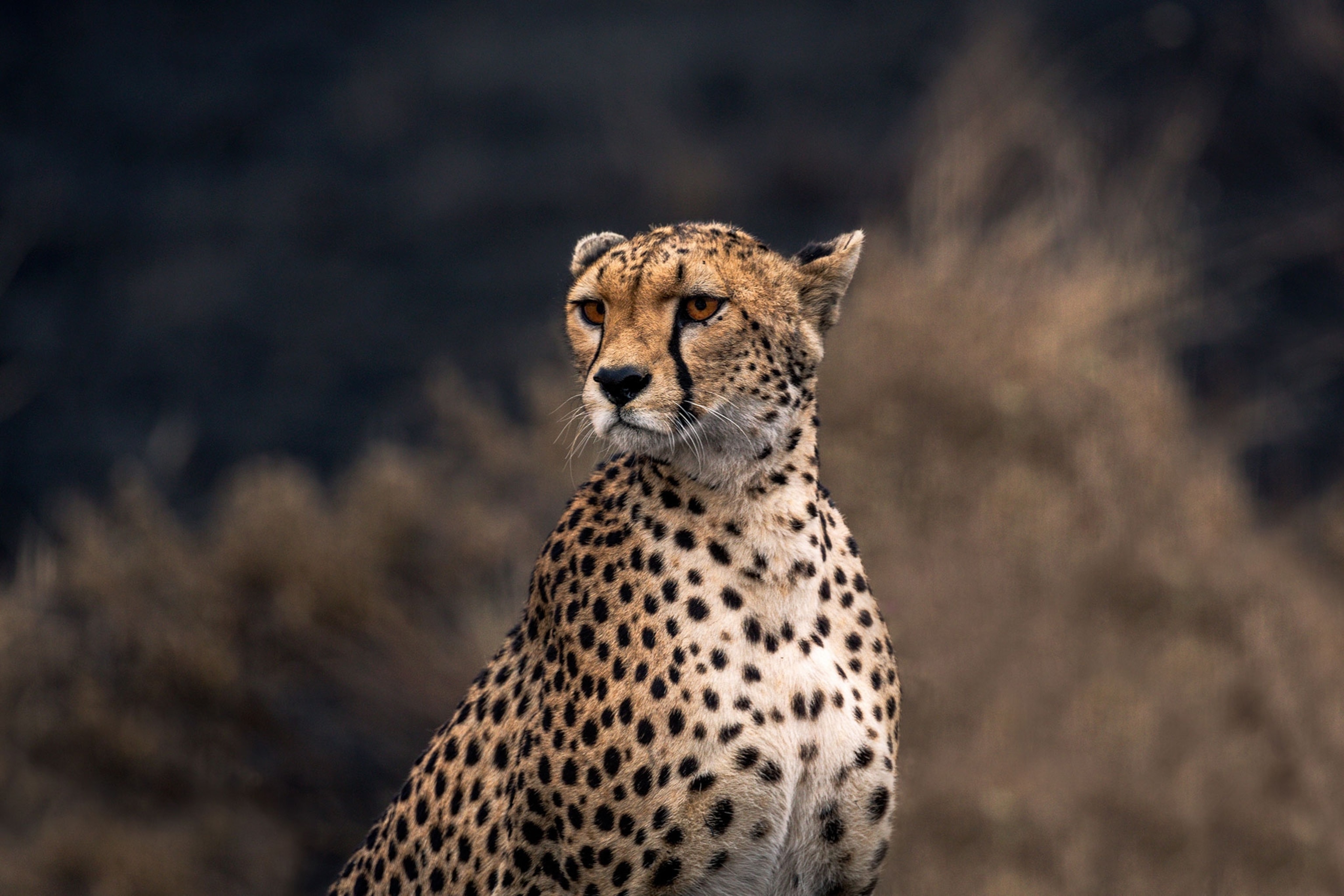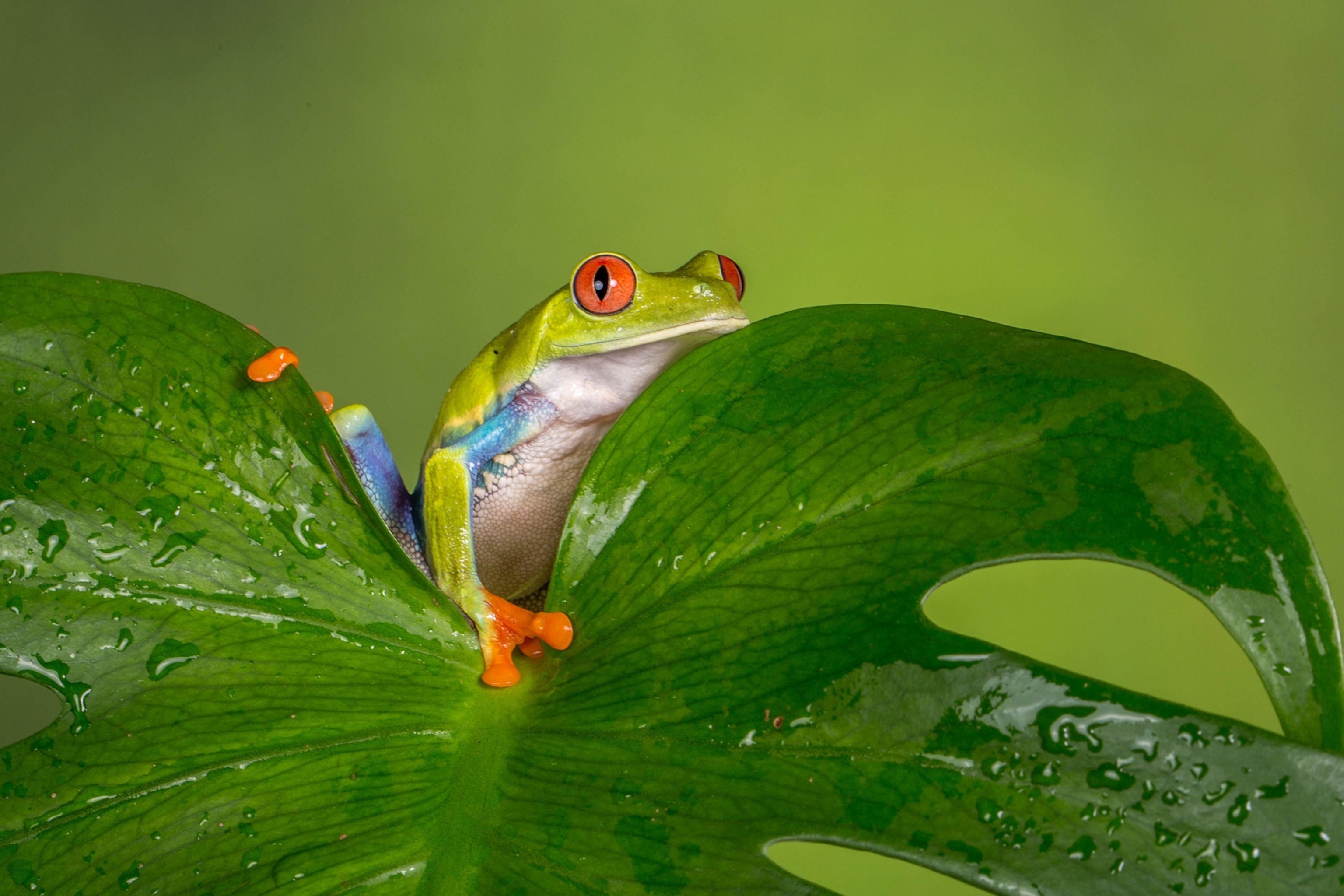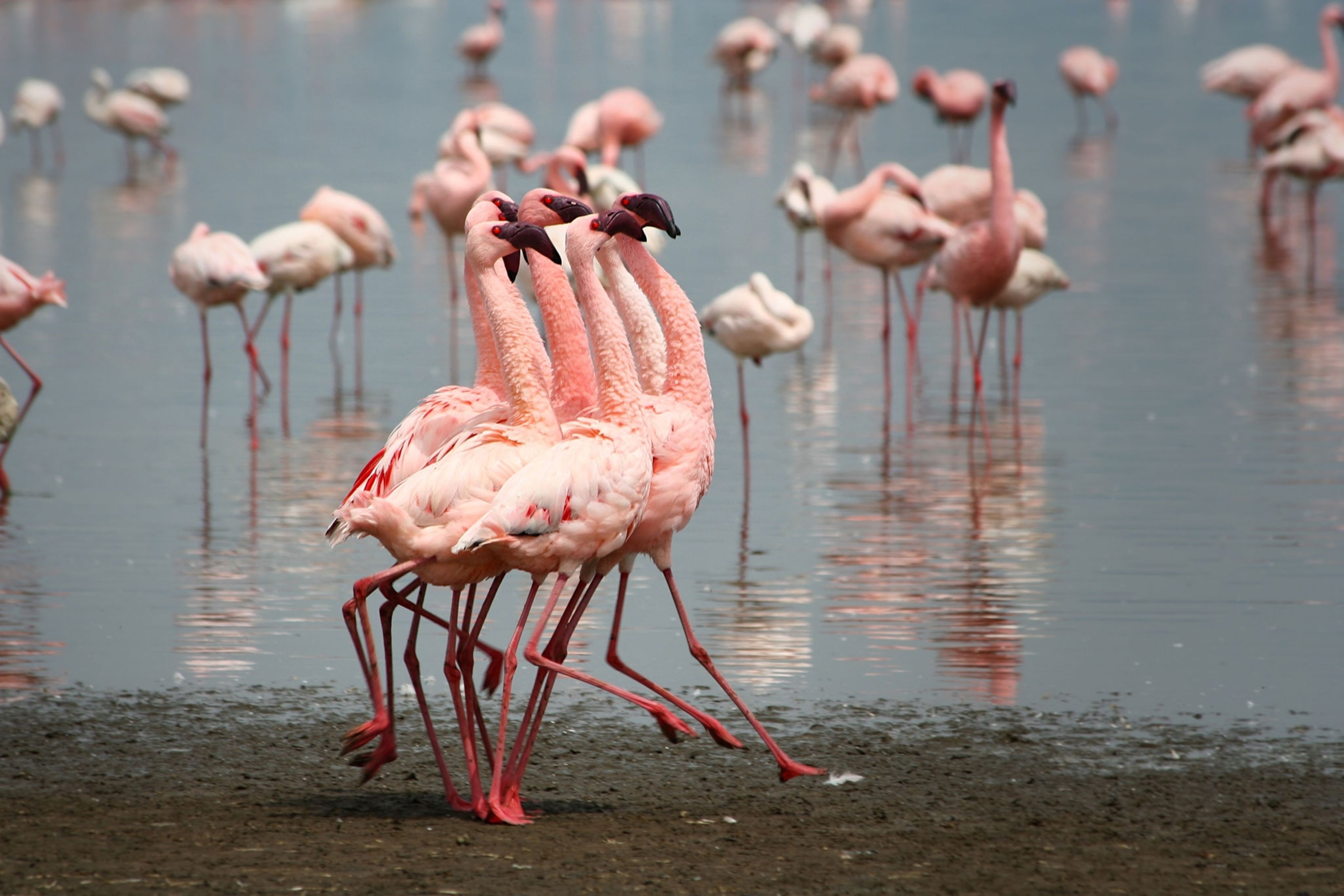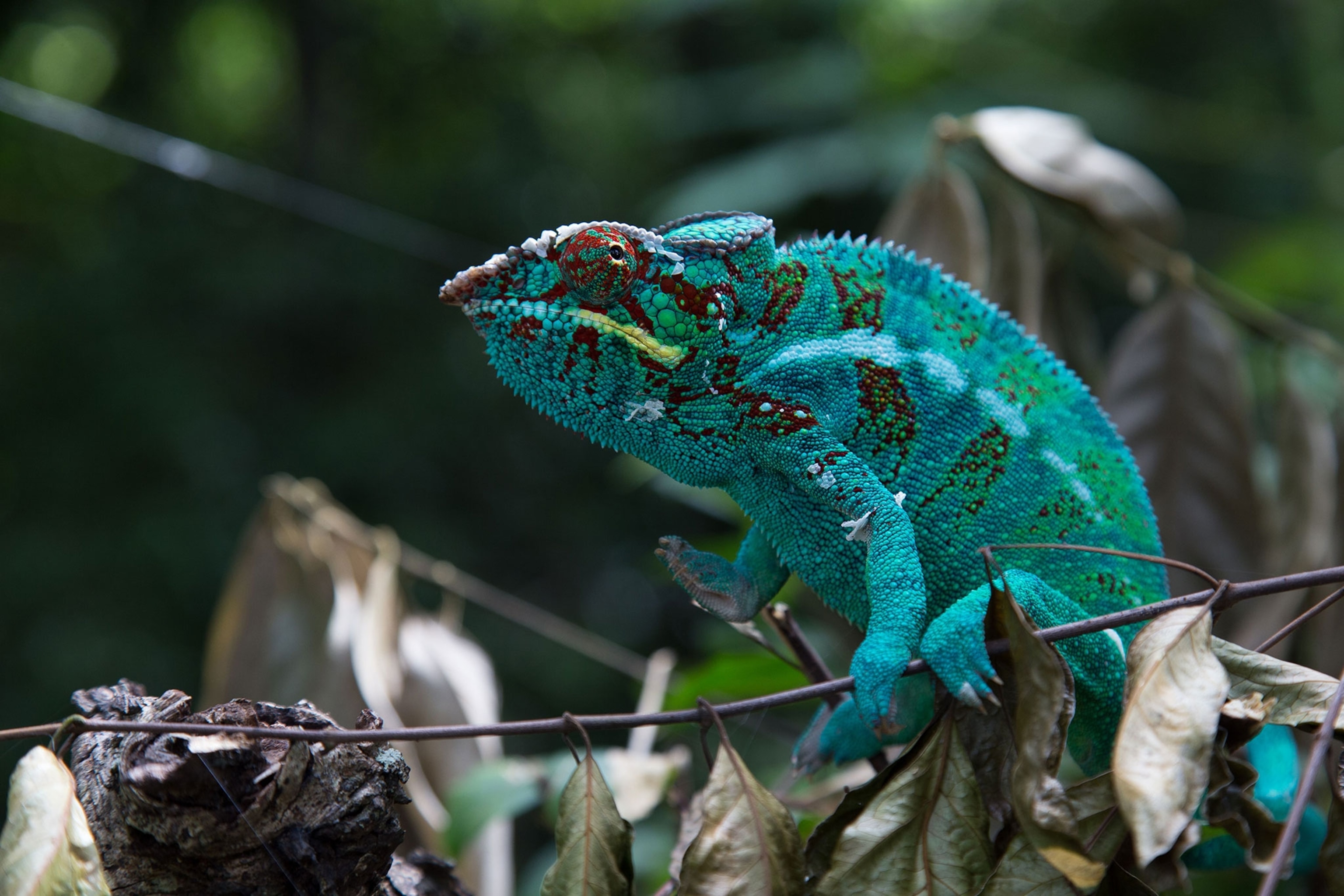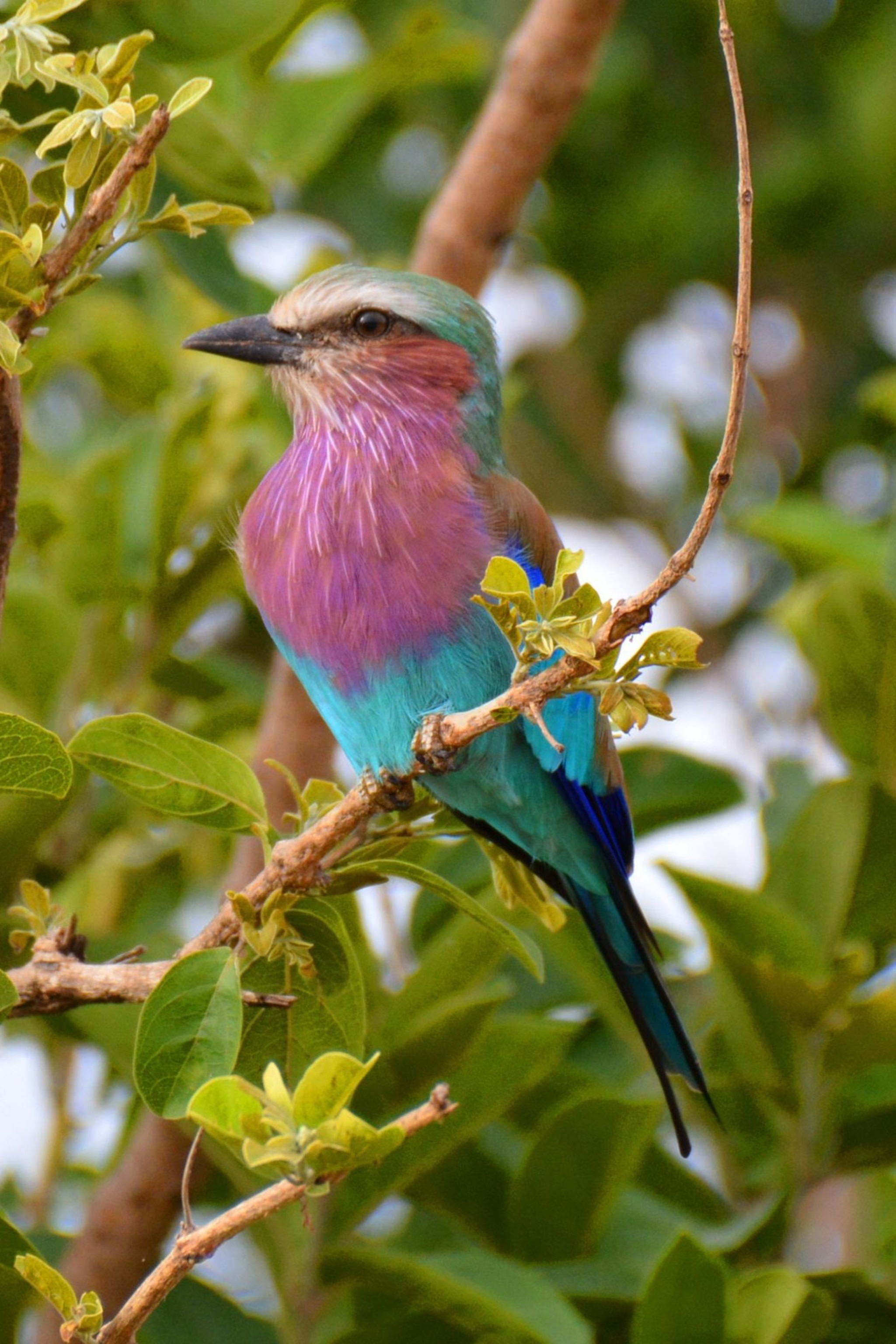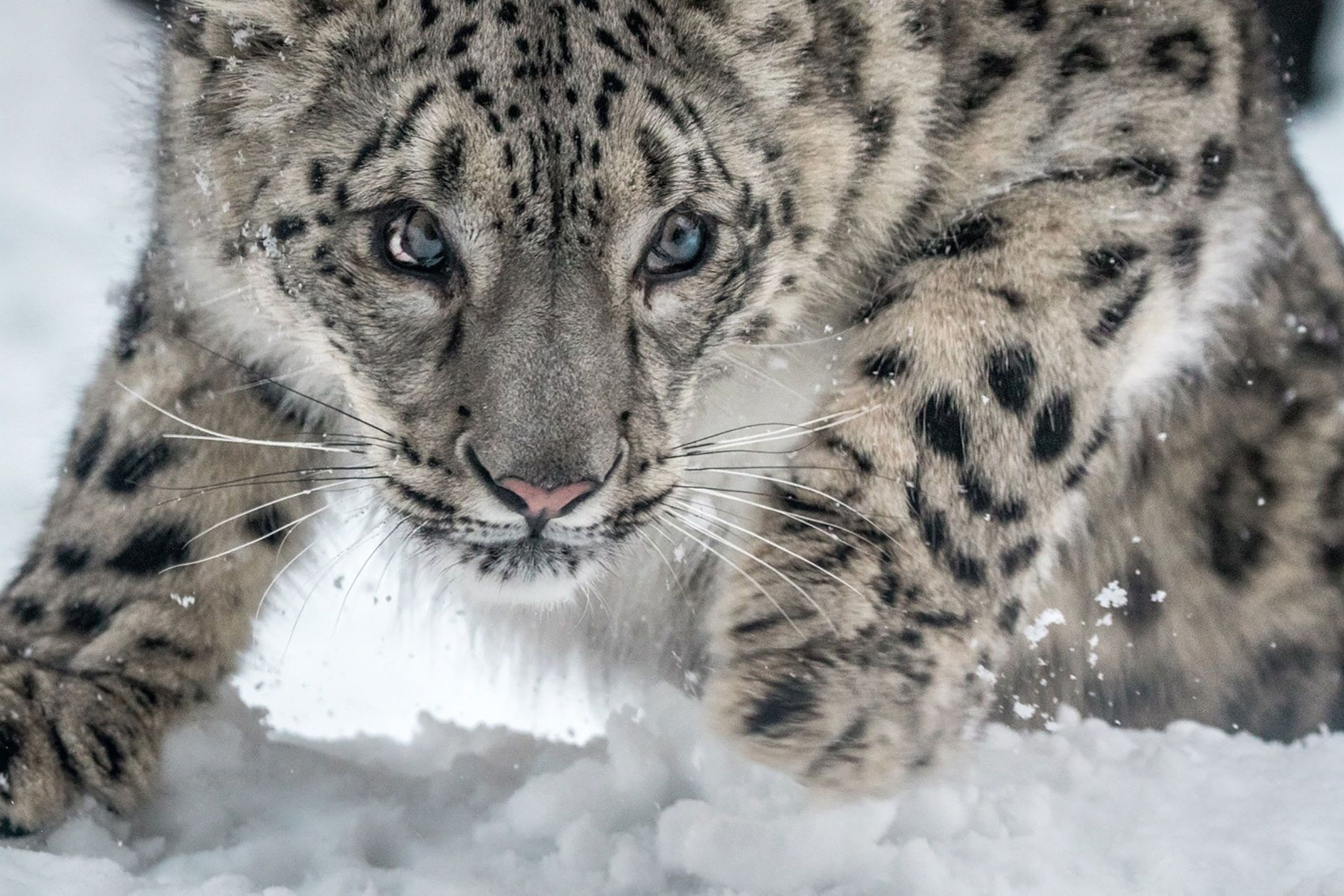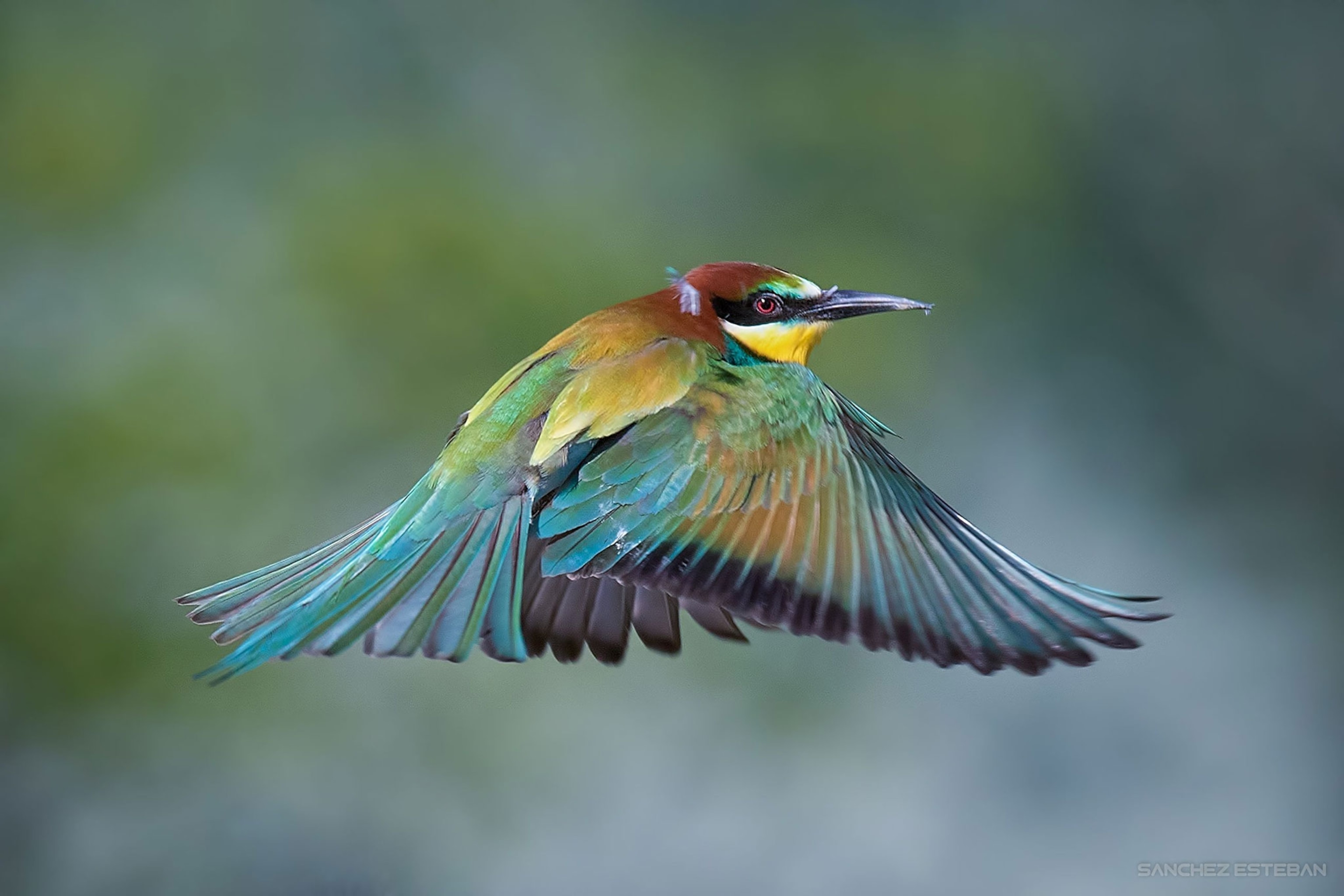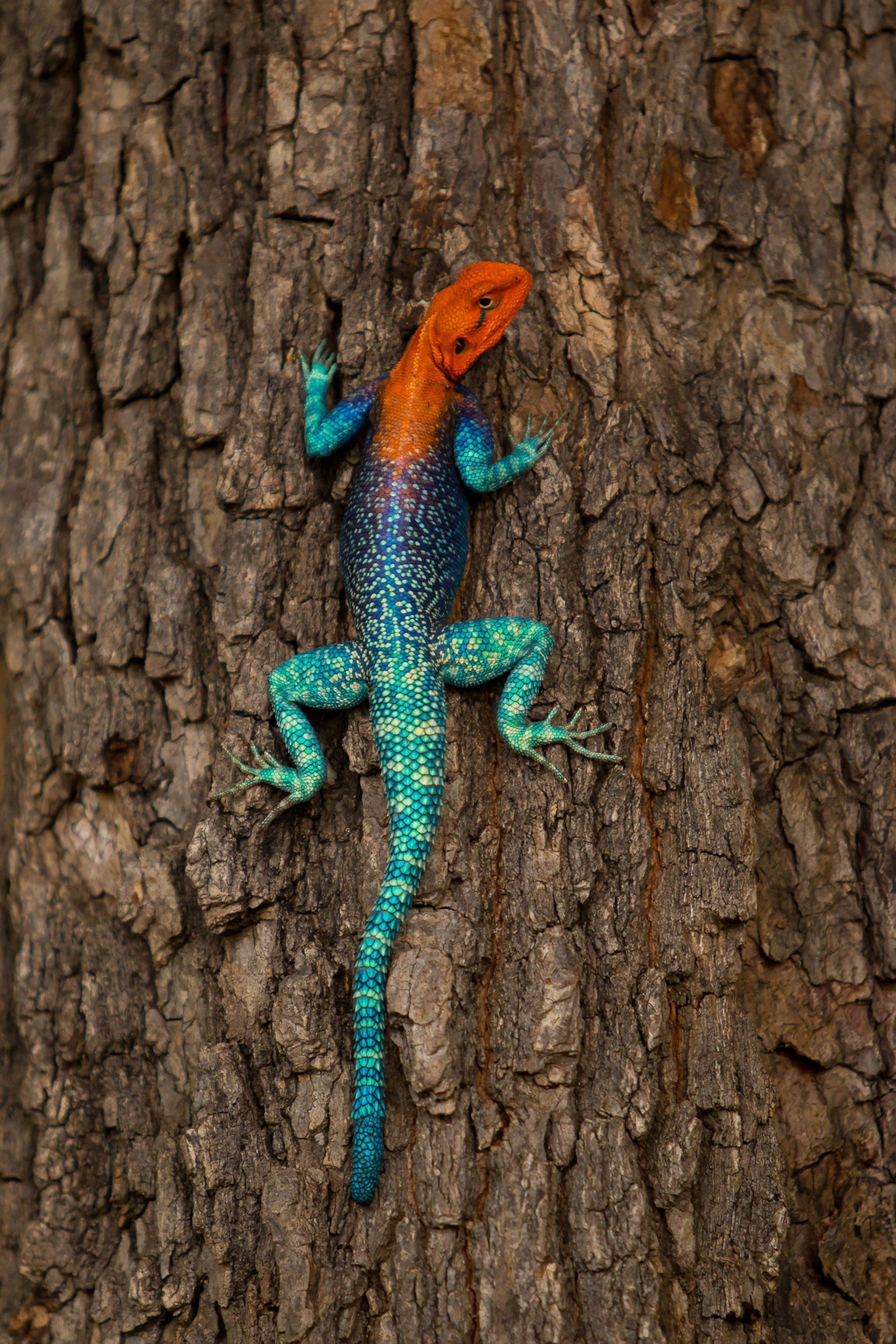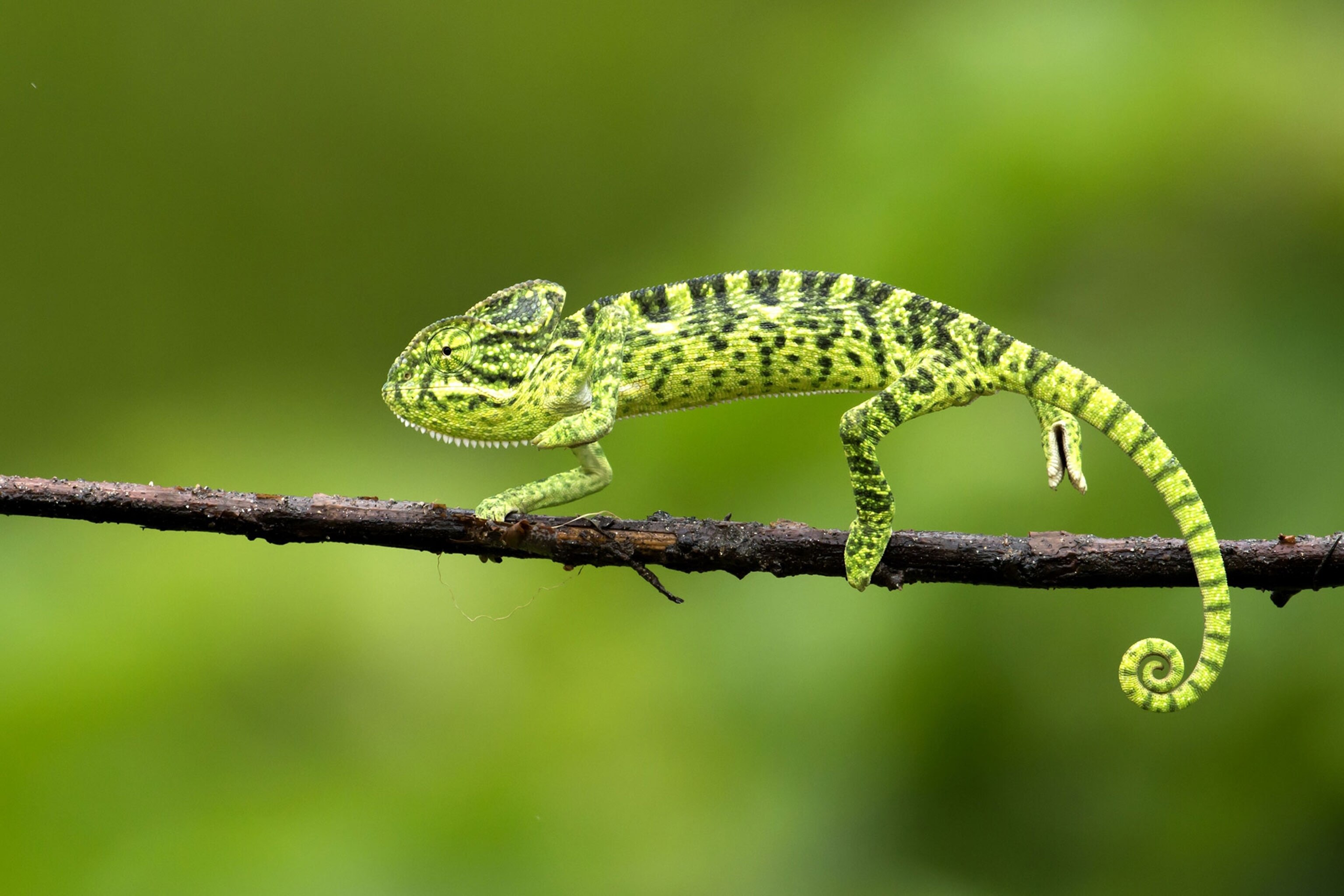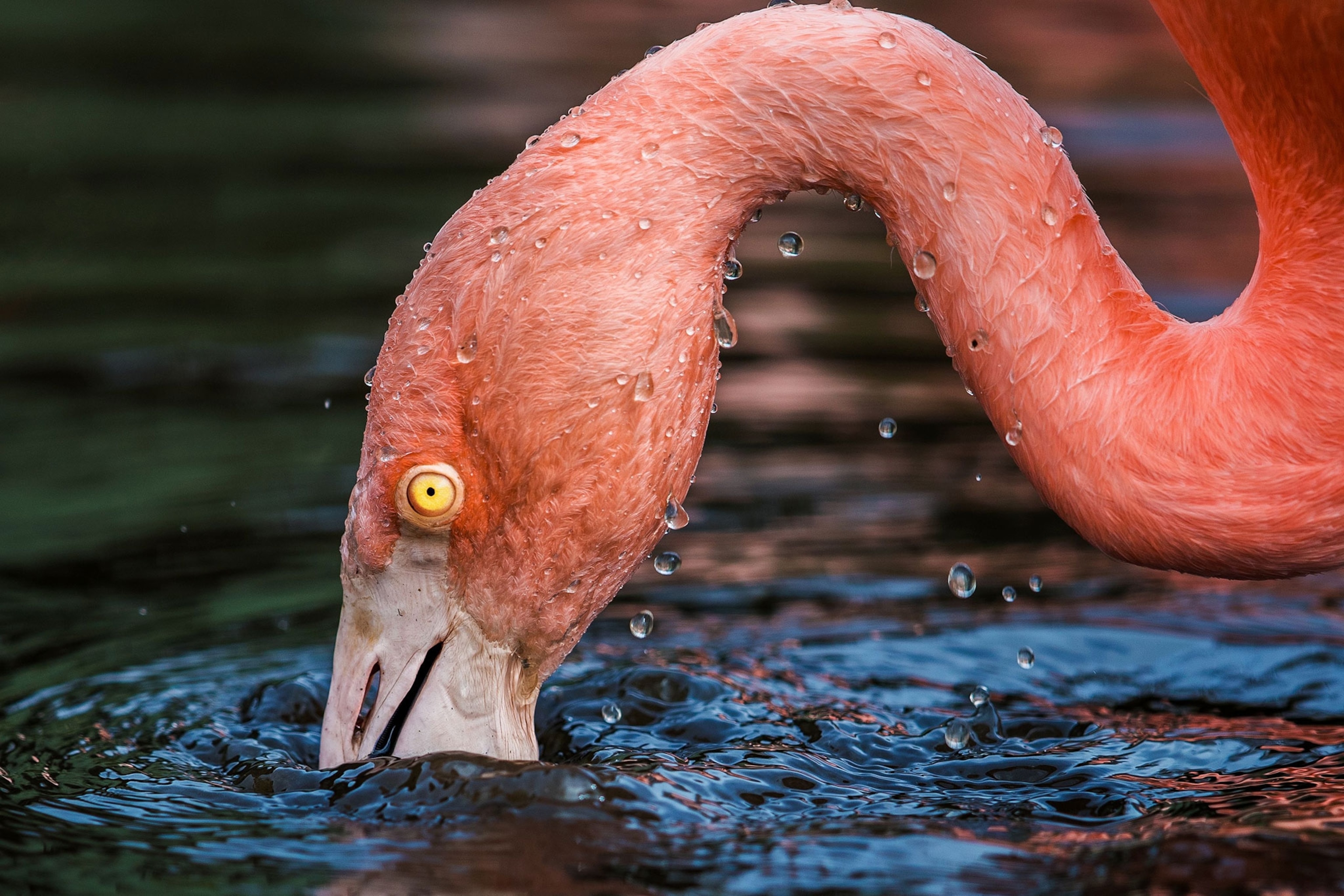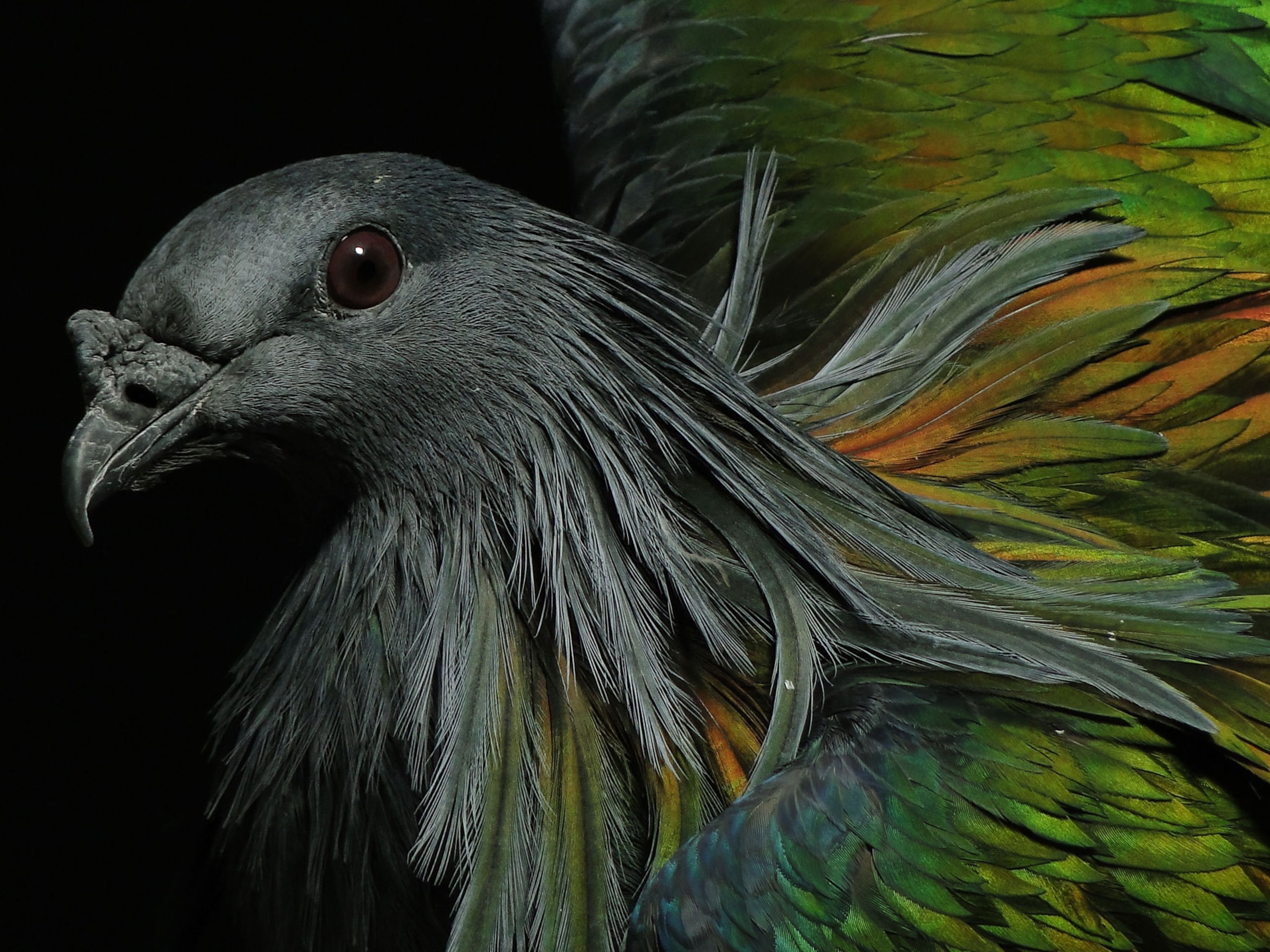
18 Spider-Killing Spiders Discovered—And They Look Like Pelicans
The brutally effective assassins live in the rain forests of Madagascar, a new study says.
There's a spider killer on the loose in the rain forests of Madagascar.
It’s quiet as an owl, quick as a cobra, small as a grain of rice, and when it strikes, it impales its victims on one of its jaws, which is actually more like a venomous pike.
The assassin then holds its prey in midair until the light has faded from all four sets of eyes.
In fact, these spider-killing specialists are spiders themselves. Some call them assassin spiders because of how they hunt, while others call them pelican spiders because of the way their gigantic jaws resemble the seabirds' beaks. (See 10 beautiful photos that will make you love spiders.)
Just don’t call them late for dinner.
Hannah Wood, curator of arachnids and myriapods at the Smithsonian’s National Museum of Natural History, authored a new paper in the journal Zookeys describing 18 new species of pelican spider from Madagascar.
Wood’s watched these spiders in the wild and says that sometimes they simply snatch another spider as it scurries by. And while pelican spiders don’t spin webs, sometimes you’ll find them hovering over another spider’s lair.

“They pluck at the web to get their prey to come to them,” says Woods.
Little Wolves
Native to Madagascar, Australia, and South Africa, the pelicans’ enormous jaws have fangs on the end of them, allowing the predators to stab their victims and hoist them into the air as if on a meat hook all while the venom takes effect.
By holding their prey at fangs’ length, Wood suspects the pelican spiders negate the possibility of counterattack from their venomous prey.
Wood also suspects that pelican spiders can follow the dragline of silk all spiders leave behind when they walk.
“They wander through the forest at night and they wave their first pair of legs like a pair of large antennae. They make these big figure-eights with them as they walk, and I think they’re searching for draglines.” (Read why male spiders risk death by courting the wrong females.)
“They’re kind of like these little wolves in the forest capturing other spiders,” says Wood.
As with most things with pelican spiders, this hunch has yet to be tested experimentally. Another mystery? How these animals recognize the difference between other pelican spiders and prey.
Woods says she’s never seen a pelican spider eat one of its own. She’s even dropped several into a petri dish to watch them interact, and all they do is try to give each other space.
“If I had three, they’d make a triangle pattern. Four make a square,” she says.
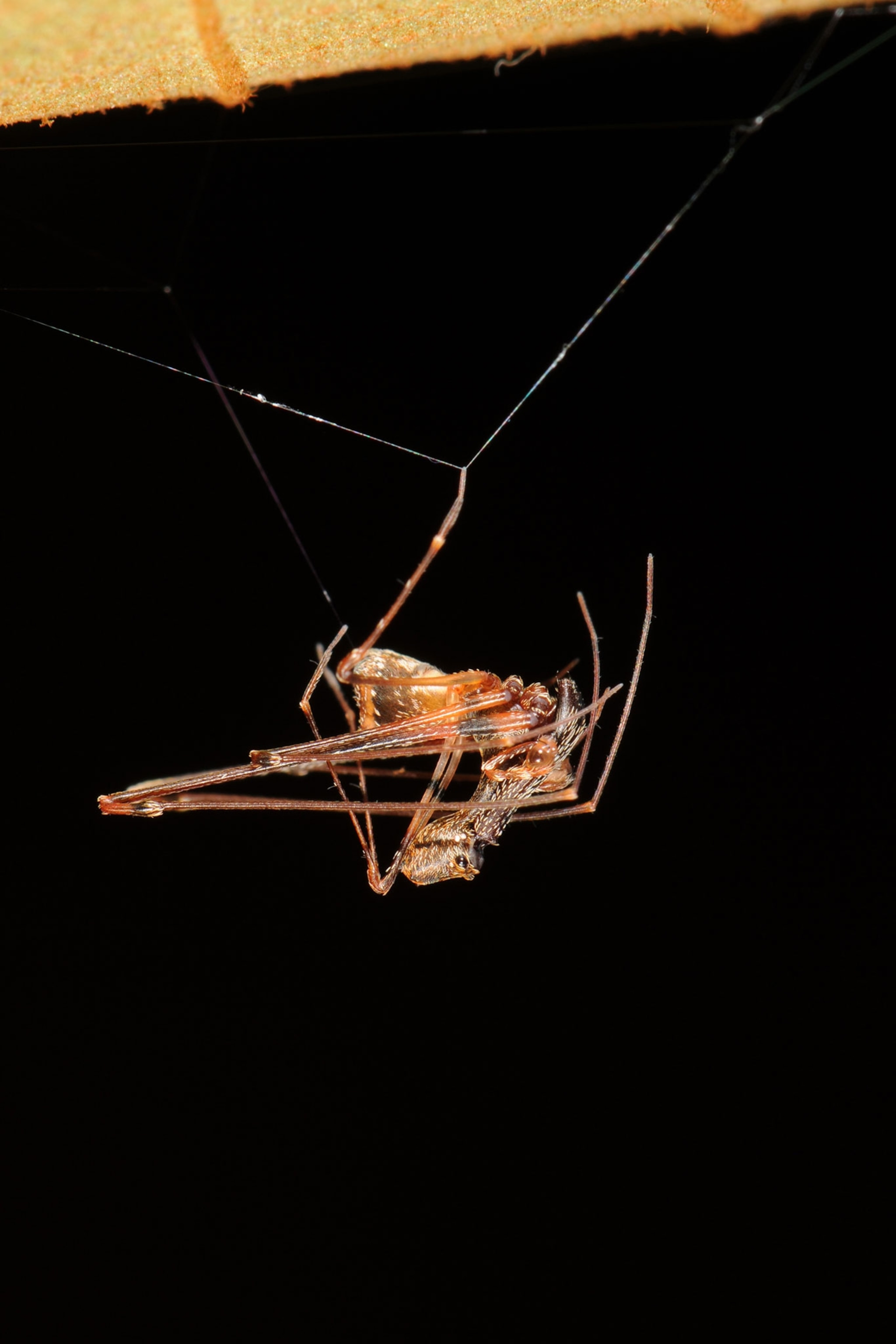
It’s possible that the spiders are immune to their own venom, says Wood. Or maybe it’s just that they’re so heavily armored, they know not to even bother trying.
Assassins in Peril
With so many new species to name, Wood got a little creative. For instance, some of the new species have a ring of horns on their heads, rather like a crown. Wood named these spiders after local Malagasy kings and queens. (Read about 50 new spiders discovered in Australia.)
Another species, Eriauchenius milajaneae, was named for Wood’s daughter, Mila Jane.
“The discovery and description of 18 new species is an exciting reminder of the diversity of life on Earth and what still remains to be found,” says Michael Rix, who studies Australia’s pelican spiders at the Queensland Museum.
It’s also a reminder that we should be working to preserve the habitats that these unique creatures rely on, says Mark Harvey, senior curator of arachnids and myriapods at the Western Australian Museum.
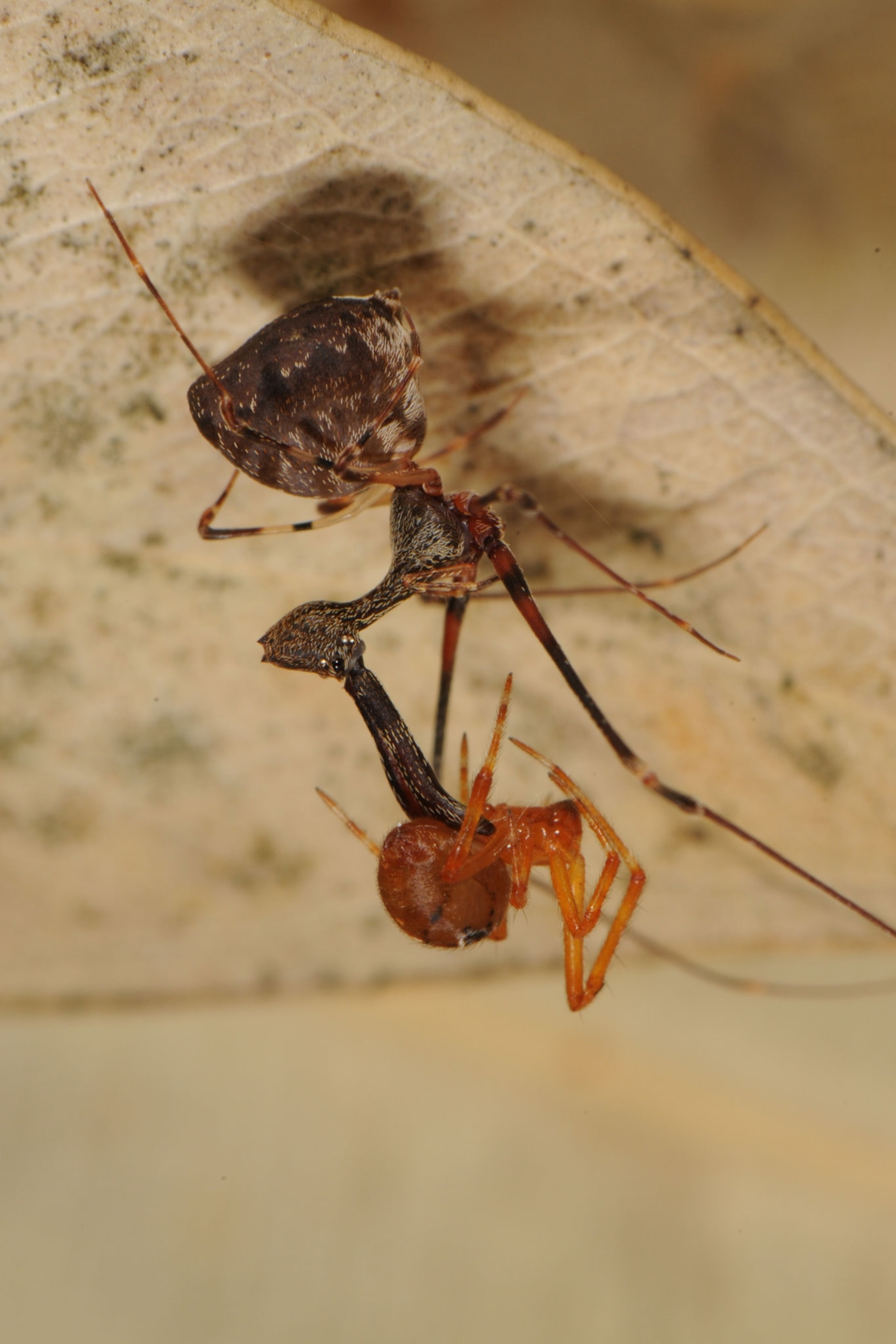
“Each of the Malagasy species is found in a relatively small area of the island, highlighting that ongoing habitat loss is likely to significantly affect these fascinating spiders,” says Harvey.
“Let’s hope that none of them become extinct due to ongoing logging and burning."








